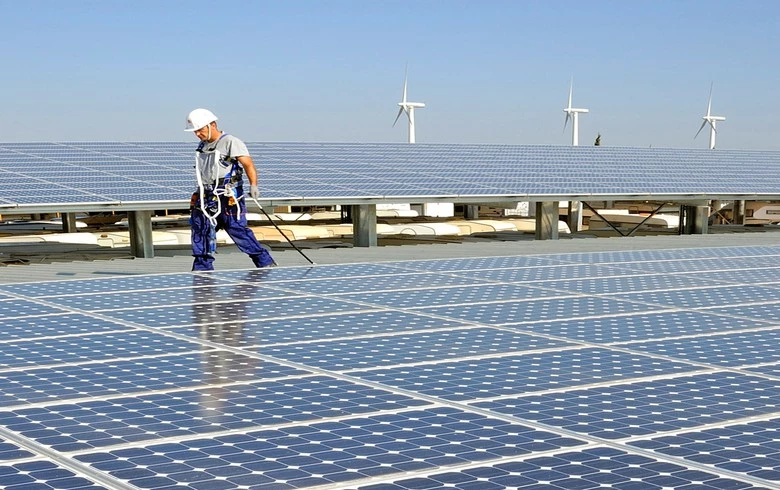In its study entitled “Financial Development and Inclusion in Egypt, Jordan, Morocco and Tunisia”, the Euro-Mediterranean Network for Economic Studies (EMNES) analyses a financial system that is frequently under-developed and fails to provide sufficient lending to SMEs and households.
“Financial institutions and markets need to be well developed in order to contribute to sustainable and inclusive economic growth”. In its latest study, the Euro-Mediterranean Network for Economic Studies (EMNES) takes an in-depth look at financial systems and their involvement in sustainable economic growth in Egypt, Jordan, Morocco and Tunisia. “The financial systems in these countries are under-developed, when compared to their European counterparts, but the level of development differs across countries depending on the institutions and regulatory frameworks and the composition of the financial system, access to it and its efficiency,” the authors underline.
In these four countries there remains considerable room for improvement in their financial systems and, consequently, their economies. In addition to under-developed insurance sectors, pension funds and equity markets, all fail on their banks’ tendency to lend a significant portion of their funds to governments, to the detriment of loans to SMEs and households. The growth of microfinance and Islamic finance in the MENA region is starting to partly compensate for this failure.
Low levels of bank use among SMEs
Jordan has relatively well-developed financial institutions and markets (bank assets represent 180% of the country’s GDP) with, in particular, the largest number of foreign-owned banks in the MENA region. However, loans to SMEs remain scarce and many SMEs do not have bank accounts.
In Morocco, the financial institutions are reasonably well-developed, with a large amount of equity but, unfortunately, low levels of usage of these funds. The average financial ratios have gradually deteriorated over the past years. Three banks on their own control two-thirds of banking assets, which represent 120% of the country’s GDP.
With banking assets equivalent to 122% of GDP –of which half is controlled by three banks- the Egyptian banking sector increasingly finances the government rather than the private sector, thus depriving SMEs of access to banking services.
Of the four countries studied, Tunisia has the least-developed financial system (banking assets equal to 120% of GDP), with substantial differences in performance between private and state-owned banks. The latter are incapable of correctly evaluating exposure to risk and are subsequently burdened with a high rate of loan default.
These failures do not help financial inclusion, which implies easy access to financial products and banking services for SMEs and households alike. “Financial inclusion efforts must focus on the large outreach of financial services to all households and businesses, in particular women and the young (especially in rural areas) through financial literacy training programmes and promoting access to financial services”, the study recommends.
TunisianMonitorOnline (Econostrum)




